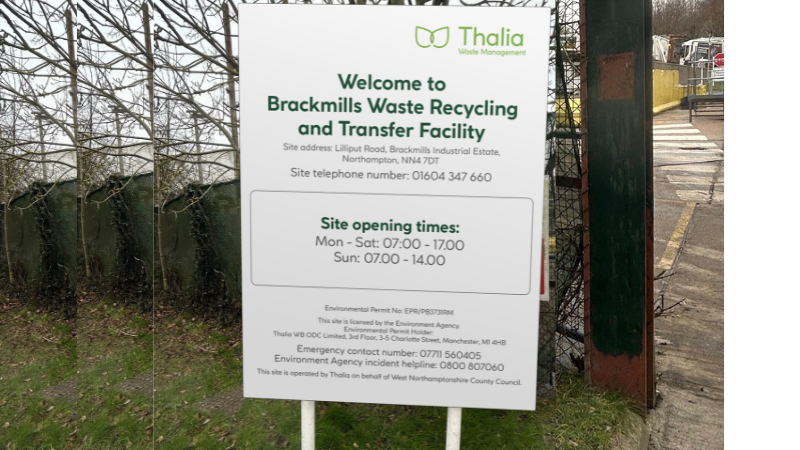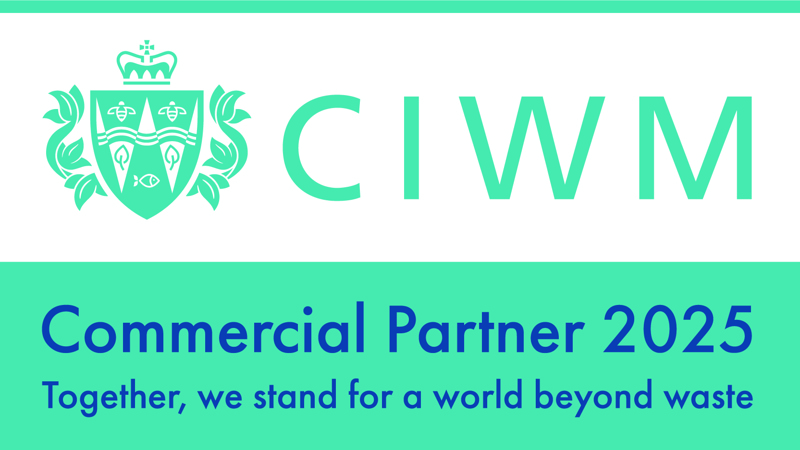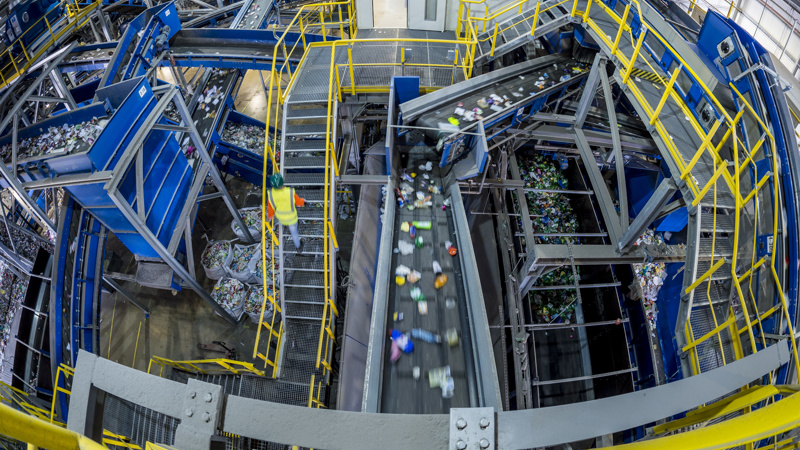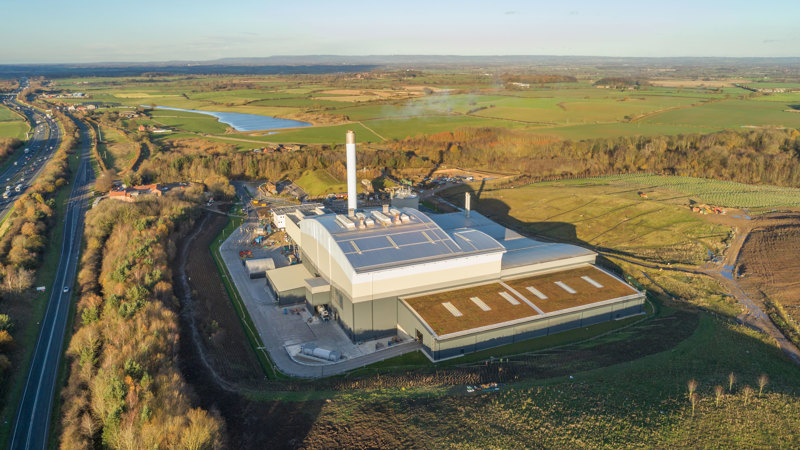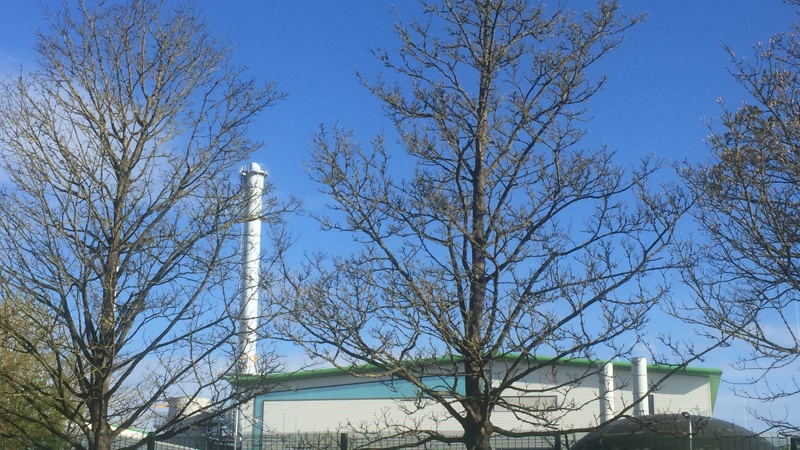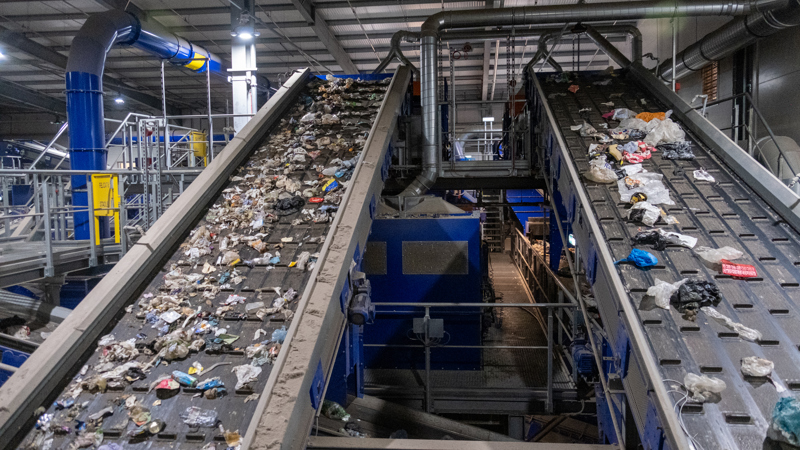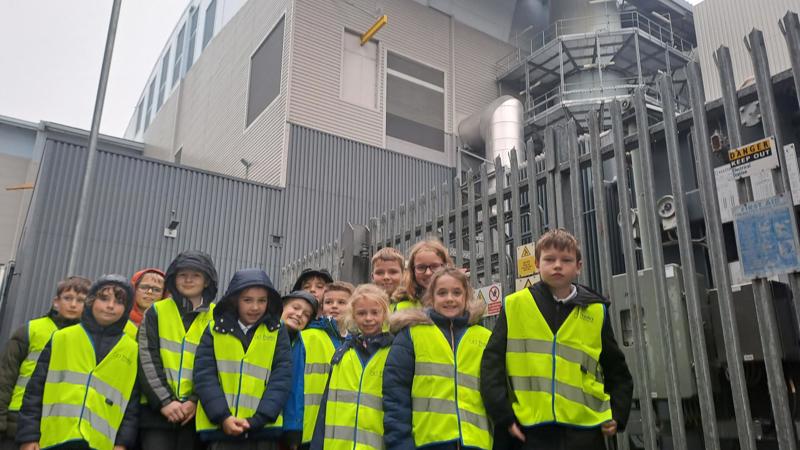Choose reuse this Plastic Free July
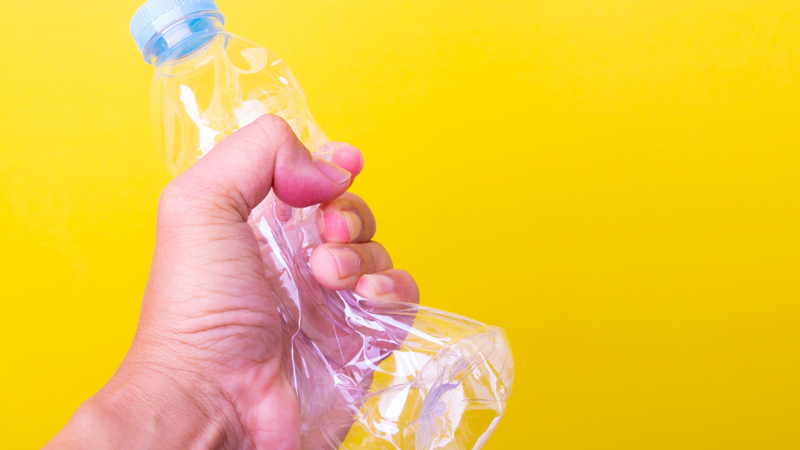
Across the UK we use 38.5 million plastic bottles every day, and unfortunately, they are one of the most common pieces of rubbish littering our communities.
With just under half of these being recycled, the truth is, plastic water bottles can be damaging to the environment. Plastic water bottles require many resources, they are moulded in factories, filled with water, and go through a lengthy shipping process before they’re brought to consumers around the world. As a result, energy and natural materials are used, creating an increase in our carbon footprint (300-500g per bottle).
Our top tips to cut the waste and to choose reuse this Plastic Free July.
- Glass Bottles offer a safe and sustainable alternative to plastic bottles. Glass is a natural material that you can recycle without losing its quality. Glass bottles are also non-toxic. They do not leach chemicals into their contents like some plastics can.
Glass is a much more durable material than plastic, meaning that glass bottles will last longer and are less likely to end up in a landfill. In addition, glass bottles have a much lower carbon footprint than plastic bottles, as they require less energy and resources to produce. For these reasons, glass bottles offer a far superior option to plastic bottles. - Reusable Bottles are a great alternative and are made of durable materials like glass or stainless steel, which can be reused repeatedly. Reusable bottles often come with a built-in filter, so you can fill them with tap water and know that you’re getting clean, filtered water.
They’re also great for keeping your drinks cold or hot, depending on what you’re in the mood for. - Biodegradable Disposable Water Bottles are made from cornstarch and other biodegradable materials, so they will break down over time, unlike regular plastic bottles, which can take hundreds of years to decompose.
- Boxed water or Cardboard Bottle has become popular in recent years as a more sustainable alternative to bottled water. Boxed water is typically made from paperboard sourced from sustainably managed forests. The paperboard is lined with a plant-based resin, making it strong and durable enough to hold water.
- Stainless Steel Water Bottles are a sustainable material that can be reused multiple times, making it more sustainable than plastic. Stainless steel water bottles are also free of BPA and other harmful chemicals, making them a safer option for you and the environment. Stainless steel water bottles can keep your water cold for hours. They are also dishwasher safe, meaning you can easily clean them without hassle.
- Refillable water bottles are made of durable materials that can be reused repeatedly. Refillable water bottles come with a screw-on lid that helps to keep your water fresh and safe to drink. They also have a carrying strap that makes it easy to transport them with you on the go.
- Silicone Bottles are made of 100% food-grade silicone, which is safe for your health. Silicone is a non-toxic, odorless, and tasteless material that does not leach chemicals into your water as plastic does. Silicone is hypoallergenic and can be reused repeatedly. Silicone bottles are lightweight and easy to carry with you on the go. They are also dishwasher safe and can be frozen or microwaved.
- Ceramic Bottles are an excellent choice over plastic water bottles. They’re made of natural materials and are environmentally friendly and sustainable. Ceramic bottles also have several benefits over plastic water bottles. They are non-toxic, durable, and stylish.
There are many sustainable alternatives to plastic water bottles. Stainless steel, paper, silicone, and ceramic bottles are all great options that are better for the environment and your health. These materials can be reused multiple times, which reduces waste and saves money. When choosing a water bottle, consider your needs and the impact that your choice will have on the environment.

